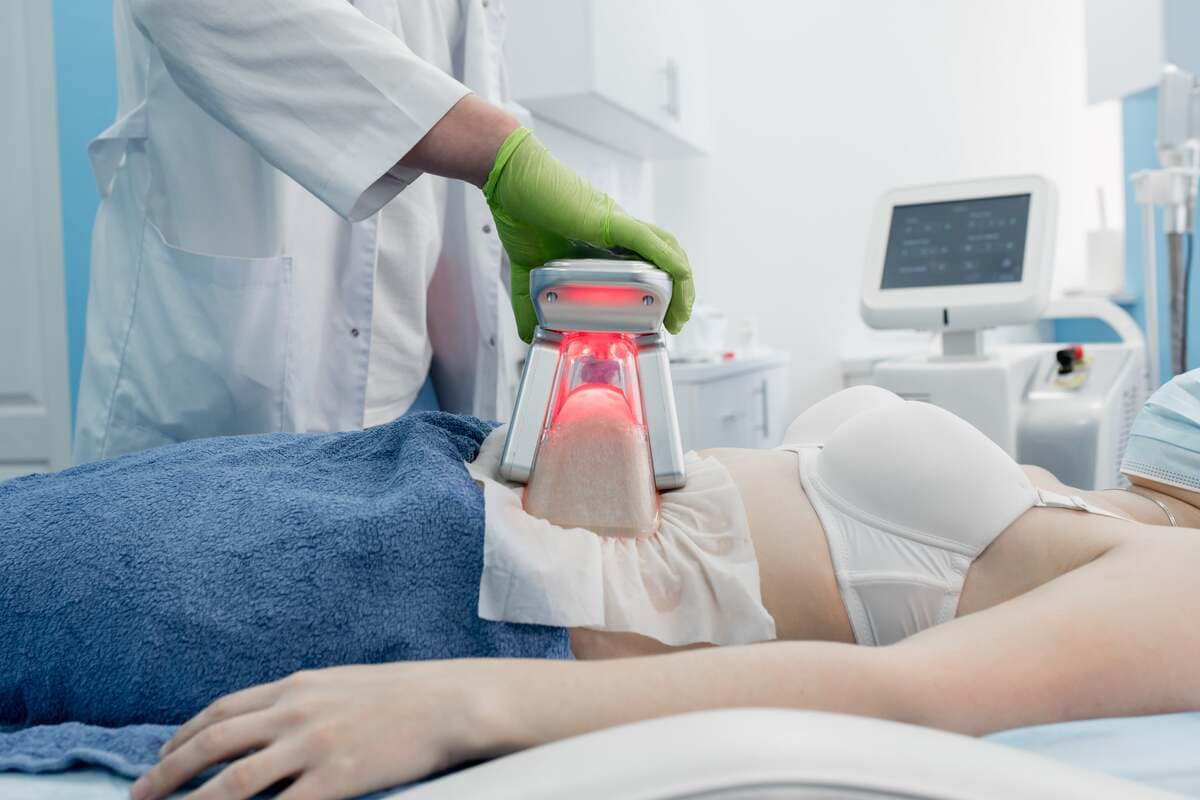Pimple killer injections are today’s modern approach to pimple elimination. To help reduce inflammation, swelling, and pain of cystic acne, dermatologists can inject a diluted corticosteroid or a pimple killer injection directly into cysts. It is usually reserved for acne nodules that are tender and swollen or cysts that do not respond to typical acne therapies. Pimple killer injections can be effective treatments in shrinking cysts and nodules.
Although dermatologists may refer to the treatment as intralesional corticosteroid injection, it’s widely known as a cortisone or steroid injection shot, a cortisone injection, or a pimple killer injection.
Today, we’ll talk about pimple killer injections and whether these treatments effectively eliminate unwanted pimples. Read until the end and discover if these injections can work for your pimple issues.
What are Pimple Killer Injections?
A cortisone shot, or a pimple killer injection, is made of synthetic hormones for short-term inflammation relief and the shrinking of large cysts. These injections can be utilized on the patient’s face and body. The shot injected directly into an acne cyst or nodule typically contains a small steroid, such as triamcinolone or Kenalog, a potent anti-inflammatory. Nodules and cysts may take weeks to resolve on their own. A steroid injection can reduce swelling, redness, and pain in a few days.
As a treatment usually performed in the dermatologist’s office, pimple killer injections can help reduce side effects, such as swelling, redness, and pain of severely inflamed acne breakouts within the following days. Technically termed as intralesional corticosteroid injection, most people call it steroid shots, cortisone injections, or cyst injections.
Pimple Killer Injection Procedure
Intralesional corticosteroid or pimple killer injections treat deep cysts or nodules. Very dilute corticosteroids are injected directly into the targeted blemish. As an anti-inflammatory material, cortisone helps shrink the swollen wall of the cyst.
The needle used for intralesional pimple killer injections is much smaller than used for vaccinations or blood draw. A micro-needle is barely larger than an acupuncture needle and is designed to slip into the skin with minimal pain.
The procedure is relatively quick. The injection itself is only sore if the pimple is enormous and painful. Reducing the pain requires your dermatologist may numb the area with topical lidocaine before starting.
Additionally, cortisone can reduce inflammation quickly. In only 24 hours, you’ll notice your blemish becoming softer, smaller, and flattened. Although these blemishes may not completely disappear, the pimple will invariably be much minor and better able to heal within a week.
Benefits of Pimple Killer Injections
Pimple killer injections don’t work on your run-of-the-mill pimples or reduce the build-up of pus in the swollen pustules. Instead, the shots shrink tissues and are reserved for significant cystic blemishes. Pimple killer injections can treat blemishes on both our bodies and faces.
The help of cortisone in such cases reduces the chance of scarring. This factor is essential for those prone to hyperpigmentation or the darkening of the skin after an acne breakout. The following are some of the reasons why ask dermatologists about pimple killer injections:
- You have had massive, inflamed pimples for weeks and months that will not heal.
- You have important life events coming up (like weddings or graduations) and just developed a breakout.
- Your blemish is a more recent concern but is incredibly swollen and painful.
Intralesional steroid injections, along with comedone extraction (the removal of blackheads), do not alter the course of the disease but can significantly improve your appearance. Corticosteroid injections can also be used to shrink hypertrophic and keloid scars.
Will There Be Side Effects to Pimple Killer Injections for Cystic Acne?
Although pimple killer injections can be quick and effective, side effects are possible. These include:
- Hypopigmentation is an area of lighter than average skin, also called a white spot. After some time, this issue often goes away on its own.
- Pitting or thinning the skin at the injection site can result in a visible depression where the cyst was. These depressions are often temporary and resolved on their own. Otherwise, your dermatologist may recommend dermal fillers.
- Systemic effects from the steroid could be caused if more than the limit is injected and absorbed into the bloodstream.
How Often to Get Pimple Killer Injections for Cystic Acne?
You are allowed to get multiple injections in one session, with each injection going to a different area. You must wait about six (6) weeks between injections in the same spot. Pimple killer injections are meant to be an occasional treatment for specific cysts and nodules. It means it’s intended to be something other than a regular part of your acne treatment or skin care regimen.
All About Cystic Acne
“What is cystic acne?”
As considered to be the most severe form of acne, cystic acne usually appears as follows:
- blackheads
- papules
- pimples
- pustules
- whiteheads
Moreover, acne is usually caused by your skin’s pores becoming clogged with dead skin cells and oil. Bacteria, such as Propionibacterium acnes (P. acnes), are also typically involved.
Clogged pores sometimes break deep inside the skin, forming large, tender, painful bumps known as pus-filled lumps or cysts or inflamed bumps or nodules. These unwanted bumps can last for weeks or even longer to months.
“What causes cystic acne?”
Like other acne types, cystic acne is caused by the interaction of several different factors:
- Certain drugs and chemicals, such as lithium, corticosteroids, isoniazid, and phenytoin, are usually associated with cystic acne.
- Environmental factors like high humidity, excessive perspiration, makeup, lotions, and cleansers can cause cystic acne.
- Genetics plays a role when one of your parents has cystic acne; you’re more likely to develop it.
- Hormones such as testosterone, estrogen, and androgen are linked to cystic acne.
“Are there other treatments for cystic acne?”
There are other treatments your dermatologist may discuss with you, including:
- antibiotics (tetracycline)
- isotretinoin
- oral contraceptives (for women)
- spironolactone
- topical retinoids (adapalene, tazarotene)
The Bottomline
While pimple killer injections aren’t meant to be used as a regular acne treatment, they can be very effective with cystic acne. You may have cystic acne if you have large, red, painful bumps deep in your skin that don’t form a head. Consult board-certified dermatologists about recommended treatments, including cortisone injections. Also, check with your insurance regarding coverage. Some policies may classify pimple killer injections as a cosmetic treatment and not cover them.
If you want pimple killer injections, our wonderful friends at Artisan Aesthetics can help you today. Visit them now!







